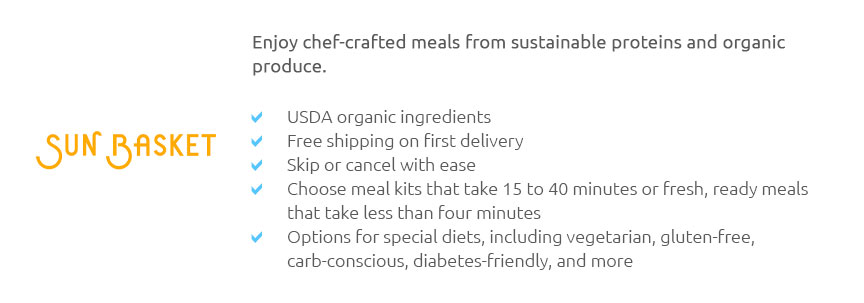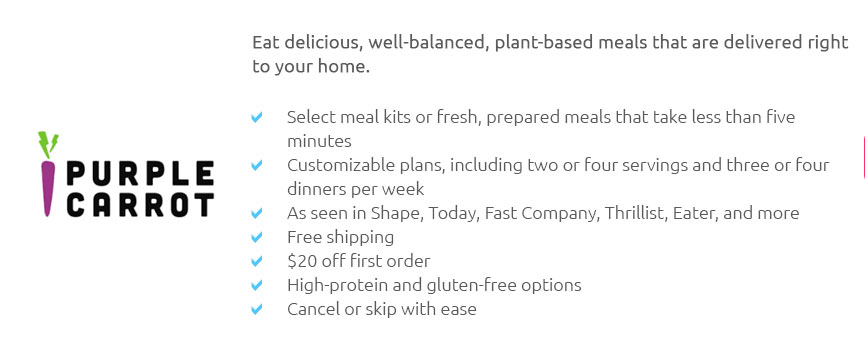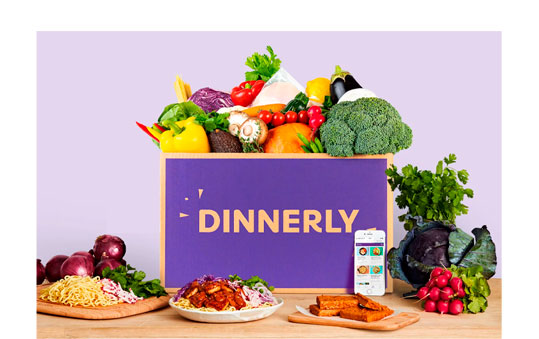 |
 |
 |
|---|
 |
|---|
 |
||||||
|---|---|---|---|---|---|---|
|
||||||
 |
 |
|||||
 |
 |
|||||
 |
 |
|||||
 |
 |
|||||
 |
 |
|||||
 |
 |
|---|
Exploring the World of Healthy Ready-to-Cook MealsIn today's fast-paced world, where time is a luxury many cannot afford, the culinary landscape has seen a transformative shift. The emergence of healthy ready-to-cook meals is a testament to how modern lifestyles are embracing both convenience and nutrition without compromise. As we delve into this gastronomic trend, it becomes evident that these meals are not just a fleeting fad but a reflection of changing dietary preferences and an increasing awareness of the health implications of what we consume. The appeal of ready-to-cook meals lies in their ability to offer the best of both worlds: the satisfaction of a home-cooked meal with the time-saving benefits of pre-prepared ingredients. These meal kits typically come with pre-portioned ingredients and detailed cooking instructions, ensuring that even novice cooks can whip up a culinary delight with minimal effort. The emphasis on health in these kits cannot be overstated. With a plethora of options available, ranging from gluten-free to vegan, and keto to paleo, there is something to cater to every dietary requirement and preference. One might argue that the true beauty of these meal kits is their potential to educate and inspire. For many, cooking can be a daunting task, especially when faced with the complexities of balancing flavors and textures. However, with the guidance provided in these kits, individuals are not only learning how to cook but also gaining insights into nutritional content and the importance of ingredient sourcing. The incorporation of locally sourced, organic produce in many of these kits is a subtle nod to sustainability and the farm-to-table movement, further enhancing their appeal to the environmentally conscious consumer. Yet, as with all things, there are nuances to consider. Critics might point to the packaging waste associated with these kits, though many companies are actively working towards more sustainable solutions, such as recyclable or biodegradable packaging. It's also worth noting that while these meals are convenient, they may not always be the most cost-effective option for larger families or those with significant dietary needs. However, for the average individual or small household, the benefits often outweigh the costs.
In conclusion, while ready-to-cook meals may not replace traditional cooking methods entirely, they undoubtedly hold a significant place in the modern kitchen. They represent a harmonious blend of convenience, health, and culinary adventure, offering a viable solution for those seeking to maintain a balanced diet without the hassle of daily meal planning. As this segment of the food industry continues to evolve, it will be fascinating to see how it adapts to the ever-changing demands of health-conscious consumers. https://www.reddit.com/r/EatCheapAndHealthy/comments/18sjphl/cheap_pre_cooked_healthy_meals/
Foster Farms and Tyson make frozen grilled chicken strips. I keep a bag in the break room freezer along with various frozen veggies. I also keep ... https://sunbasket.com/?srsltid=AfmBOoo4vVzouxtCck89gQ3gKdKMVfC6OOtPKdv4cx2nPV5RpWifQx4k
Sunbasket offers healthy meals delivered, from heat-and-eat meals to cooking kits, for all tastes and lifestyles. https://www.publix.com/products-services/meat/ready-to-cook-convenient
Publix Ready to Cook Meals for One - Pepper Jack Cheese-Stuffed Chicken with Mexican-Style Street Corn & Cheese - Cajun-Style Shrimp & Cheese-Stuffed Chicken with ...
|
|---|


